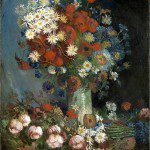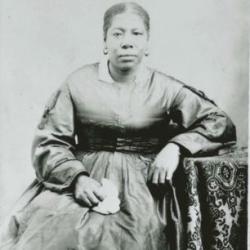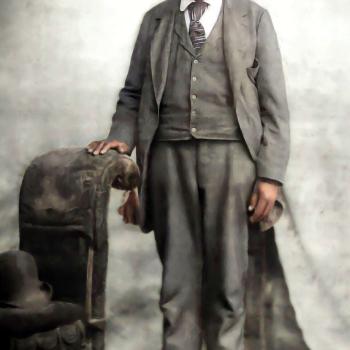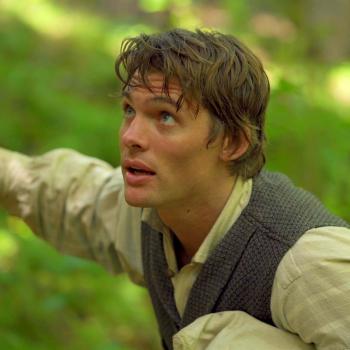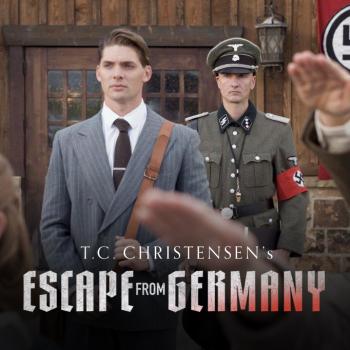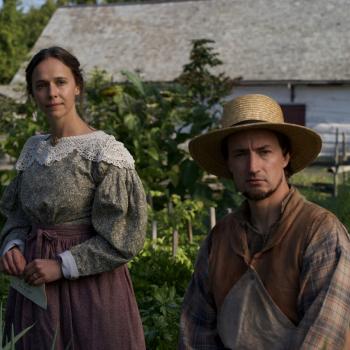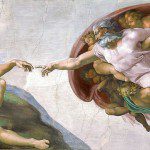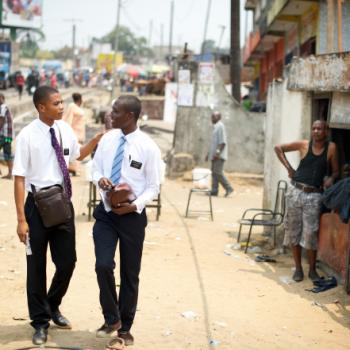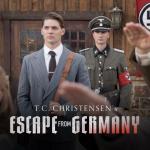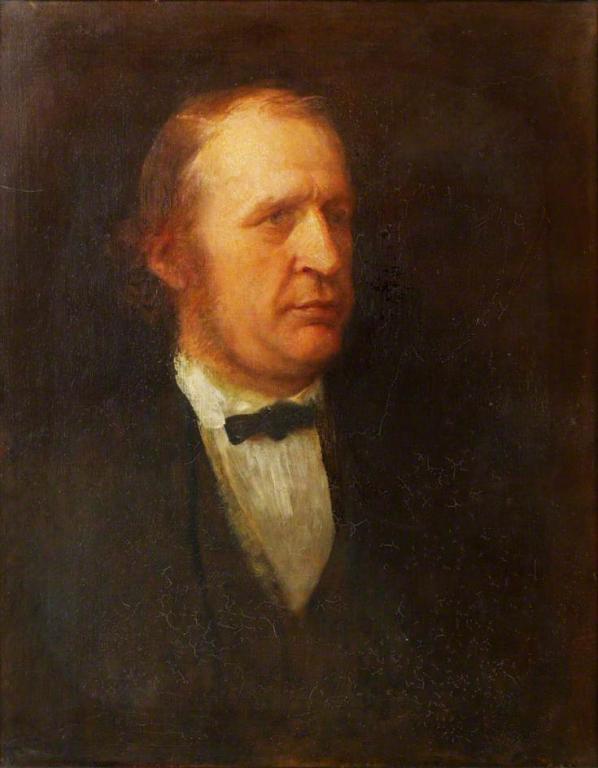
Wikimedia Commons
At the conclusion of his classic essay “The Will to Believe,” William James cites the English writer, lawyer, and judge Fitzjames Stephen, from that author’s Liberty, Equality, Fraternity, 2nd ed. (London, 1874), 353. It’s a nice summary of the position in which humans find themselves with regard to secular public arguments for and against religious faith:
“What do you think of yourself? What do you think of the world? . . . These are questions with which all must deal as it seems good to them. They are riddles of the Sphinx, and in some way or other we must deal with them. . . . In all important transactions of life we have to take a leap in the dark. . . . If wc decide to leave the riddles unanswered, that is a choice; if we waver in our answer, that, too, is a choice: but whatever choice we make, we make it at our peril. If a man chooses to turn his back altogether on God and the future, no one can prevent him; no one can show beyond reasonable doubt that he is mistaken. If a man thinks otherwise and acts as he thinks, I do not see that any one can prove that he is mistaken. Each must act as he thinks best; and if he is wrong, so much the worse for him. We stand on a mountain pass in the midst of whirling snow and blinding mist through which we get glimpses now and then of paths which may be deceptive. If we stand still we shall be frozen to death. If we take the wrong road we shall be dashed to pieces. We do not certainly know whether there is any right one. What must we do? “Be strong and of a good courage.” Act for the best, hope for the best, and take what comes. . . . If death ends all, we cannot meet death better.”
Posted from Mentor, Ohio



